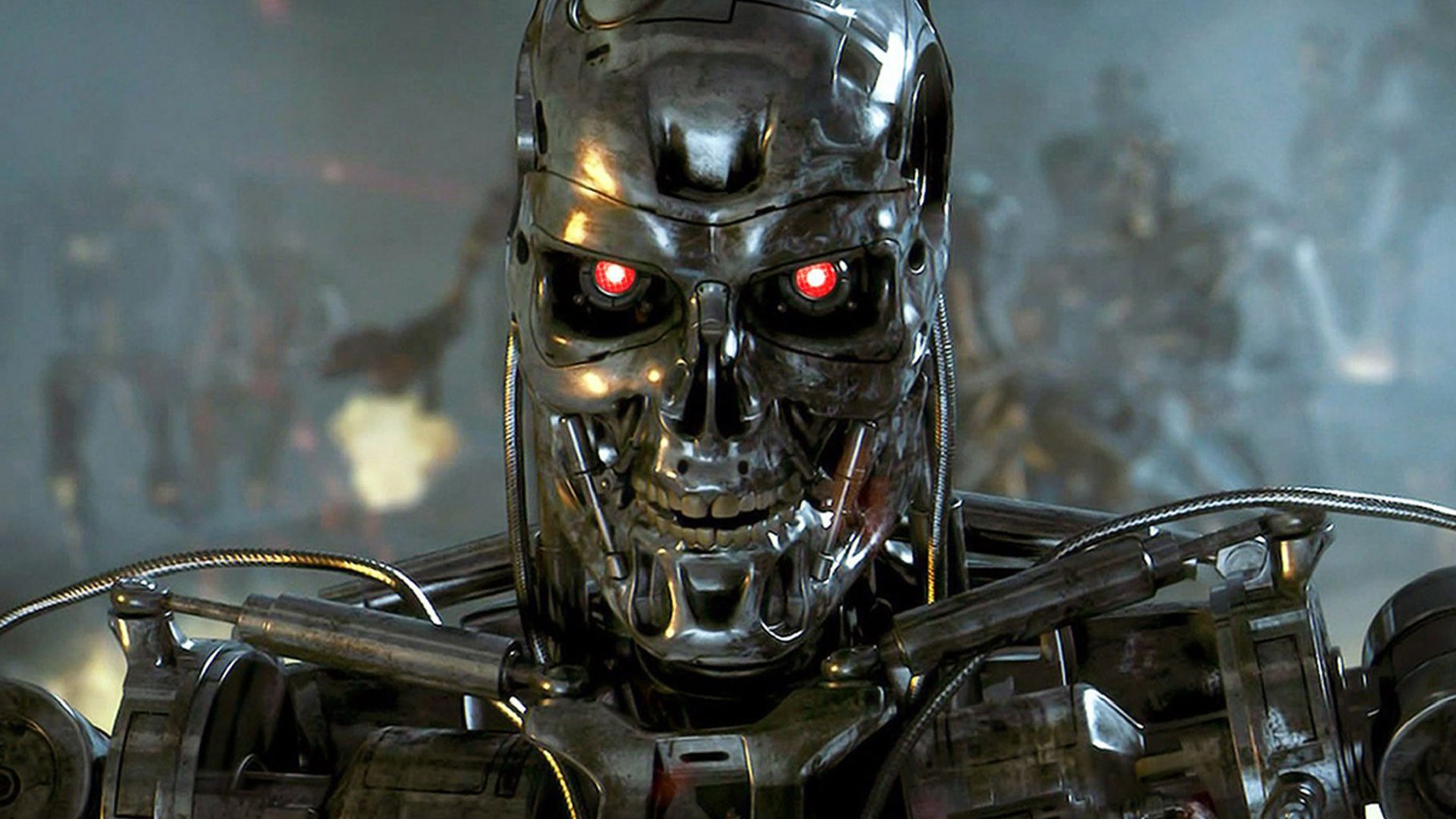
A few people have mentioned to me that they think that RedShark’s enthusiasm for technology might ultimately threaten their jobs. Here’s why we think our editorial policy is right.
I must admit that I hadn’t thought of it in these stark terms, but I can completely see why we might be accused sometimes of wanting to hasten the time when machines will take over the jobs of currently-working individuals in our business.
The reality - when you drill down into it - is nothing like this simple, but it is a point that’s hard to disagree with, whatever the timescale.
But my feeling is that the best way to avoid being replaced by a machine is to be aware of the trends, be agile and flexible. This maximises your chances that you and your job will evolve into something that remains indispensable.
When we write about AI or automation, it’s normally because we’re reporting a significant breakthrough, like with our colourisation article.
This was a good case in point: it’s an AI system that automatically turns black and white photos into colour. Most of the time, it does a decent job, although as one reader pointed out, we’re a long way from being able to do production quality work like this, where “production quality” means putting it on TV or giving it to a paying client. Even if the majority of the pictures tend to look OK, you’d still need a human to catch any errors that slip through, and perhaps to add that final layer of precision and excellence that, for now, only humans can achieve.
But until it's ready for primetime, if AI can do a lot of the background hard graft, most of us would take that with open arms.
Where it becomes concerning is in the absence of boundaries.
What happens, for example, when the AI that was preventing you from having to get your hands dirty suddenly starts doing parts of your job in a way that makes your bosses think: "actually, that AI doesn't get sick or have tantrums. It doesn't even need to get, you know, paid!”.
There is nothing much new here in one sense: non linear editing has taken jobs away from skilled tape-to-tape editors. But there is a difference. Very few regret the arrival of NLEs. The advantages are so immense, and while the skills needed are very different (I know people whose first experience of a computer was an NLE or a digital audio editor. I was once called in to train an operator to use a digital audio editor. My first hour or so was spent explaining what a computer was: how to use a mouse, etc). Knowledge of what makes a good edit, though, is a transferable skill.
AI and extreme automation are different. And it’s moving extremely quickly. In specialist fields, like law and medicine, AI can outperform experts, and this is just the beginning. You will always need a human doctor in charge of a case, though. We’re still a long way from “general AI”, where a computer or robot can behave convincingly like one of us, but some estimates put this at only just over a decade or so.
Either way, we have to plan and be flexible. Watch the trends. Understand what’s happening. And, as much as possible, stay ahead. If automation makes some aspect of your job easier, use the time saved to improve other aspects of what you do, so that you stay indispensable.
We will continue to cover new technology. It opens up amazing and wonderful opportunities. Yes, from some angles it can be a threat, and on a bad day, a severe one. But creativity is at the heart of what we do, and while machines may be able to simulate it - and that may be good enough from some - there is no intrinsic limit to our creative abilities. And this is the advantage that will keep us ahead of machines.